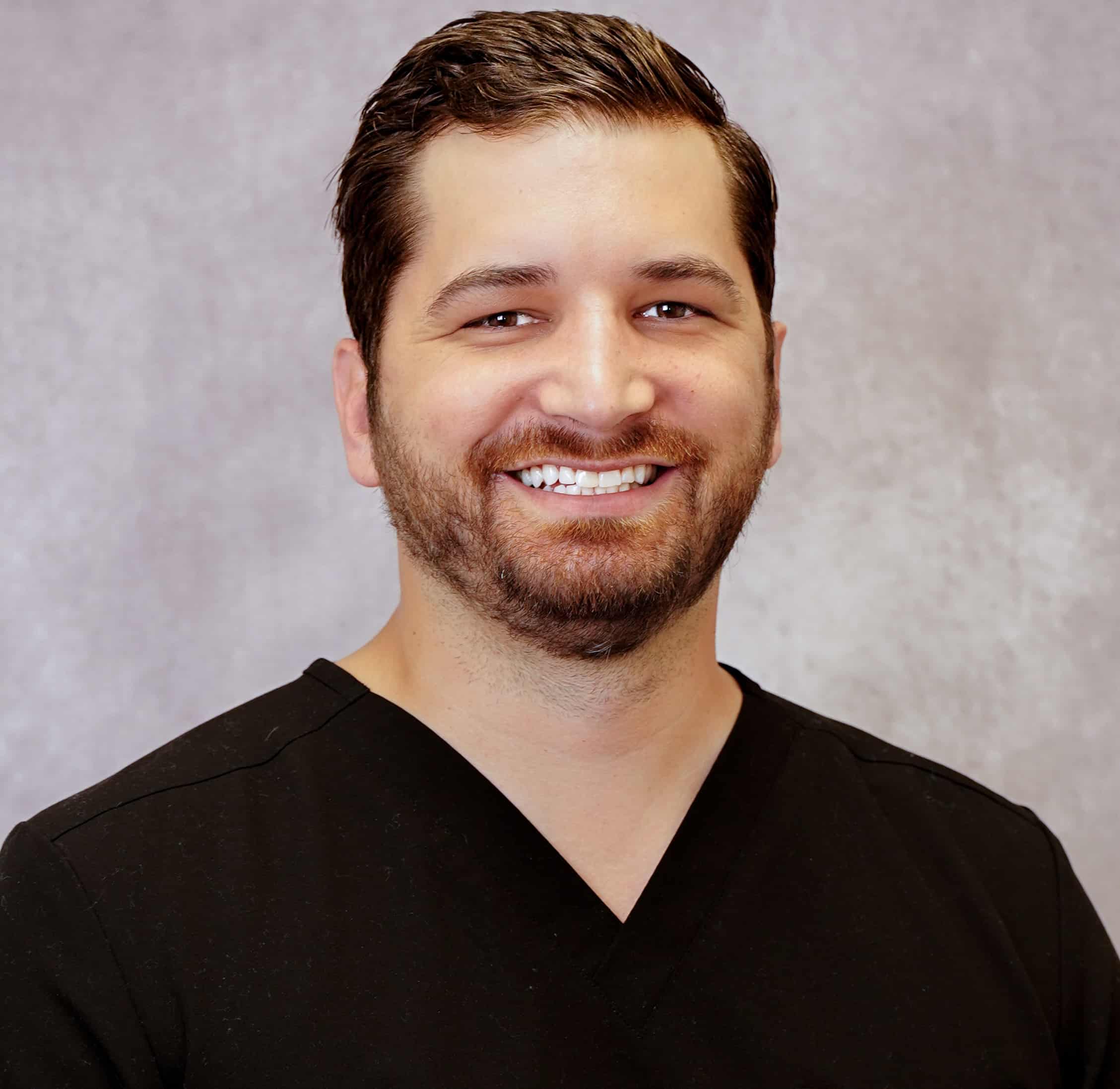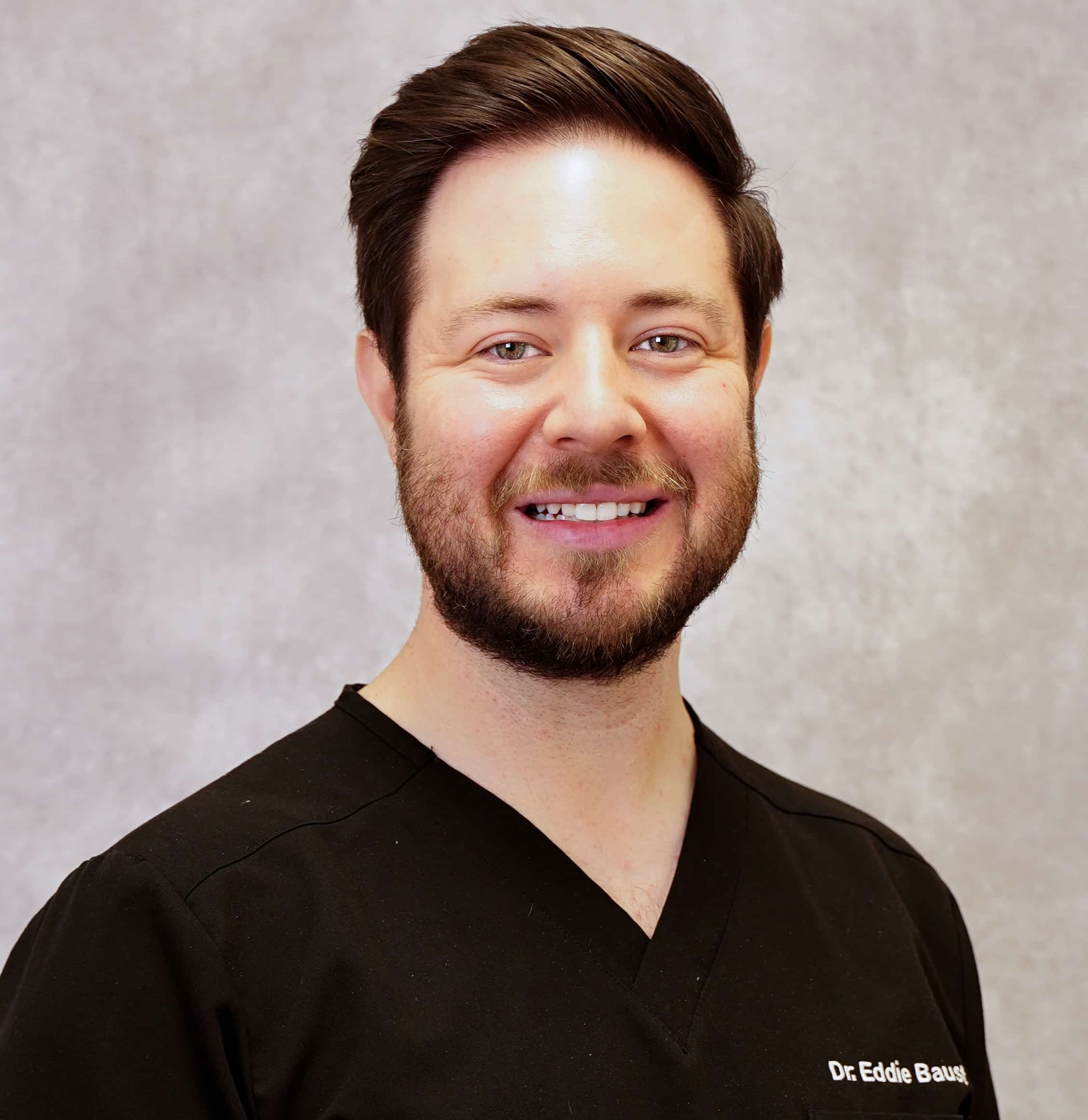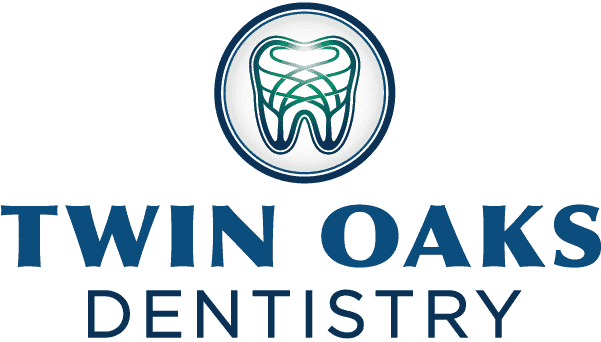
Common Struggles with Dentures and How to Overcome Them
At Twin Oaks Dentistry in Winston-Salem, NC, we understand that adjusting to dentures is a journey. While dentures restore smiles and confidence, many patients experience challenges in the beginning. The good news is that with proper guidance, support, and modern dental solutions, these struggles can be overcome.
This Article Will Address
- Why eating normally can be difficult with dentures
- How long it takes to talk clearly with dentures
- What to do if you dislike your new dentures
- Ways to stop dentures from slipping or falling out
- Why facial appearance may change with dentures
- How to handle dentures that feel uncomfortable
- Whether you should sleep with dentures in or take them out
- Other common denture concerns including types, cost, and care
- Why Twin Oaks Dentistry is the trusted choice in Winston-Salem
Why Is It So Hard to Eat Normally with Dentures?
Many patients feel frustrated when eating with dentures for the first time. Chewing can feel awkward, and some foods are more difficult to manage. This is completely normal during the adjustment period.
To make eating easier:
- Begin with soft foods like yogurt, eggs, or mashed potatoes
- Cut meals into smaller bites to reduce pressure on the dentures
- Avoid sticky or very hard foods until you are more comfortable
- Try to chew on both sides at the same time so the denture is more stable and is less likely to dislodge
Over time, most patients find that eating becomes more natural. If challenges persist, adjustments or relines at our Winston-Salem dental office can improve fit and function.
Will I Ever Be Able to Talk Normally with Dentures?
Yes. Speaking with dentures can take practice, but it becomes easier as your muscles adapt. Some patients notice an increase in saliva or have difficulty with certain sounds at first.
Helpful tips include:
- Reading aloud to practice pronunciation
- Repeating challenging words slowly until they feel natural
- Being patient as your tongue and lips adjust
Most patients regain normal speech within a few weeks, and our team can help with adjustments if needed.
What Should I Do If I Hate My New Dentures?
It is common to feel disappointed or frustrated during the early stages of wearing dentures. The important thing is not to give up. At Twin Oaks Dentistry, we encourage patients to share their concerns so we can make adjustments, offer relines, or explore alternatives like implant-retained dentures.
Our priority is your comfort and confidence, and we will work with you until your smile feels right.
How Can I Keep My Dentures from Slipping or Falling Out?
Slipping dentures are one of the most frequent struggles. Causes can include gum changes, poor fit, or natural movement while chewing.
Solutions include:
- Using denture adhesive for added security
- Scheduling a reline if the fit has loosened over time
- Considering implant-supported dentures for the most secure hold
At Twin Oaks Dentistry, we offer modern options to ensure your dentures stay in place, so you can smile and eat with confidence.
Why Does My Face Look Different with Dentures?
Some patients notice subtle changes in their facial appearance after receiving dentures. This is usually due to the natural bone resorption that occurs when teeth are missing.
Well-made dentures are designed to restore facial volume, support lips and cheeks, and create a natural profile. With today’s customization options in shade, shape, and fit, dentures can be designed to enhance your overall appearance.
Why Don’t My Dentures Feel Secure or Comfortable?
Dentures should not cause ongoing discomfort. If they feel loose, create sore spots, or make daily activities difficult, adjustments are likely needed.
Reasons for discomfort may include:
- Natural gum and bone changes over time
- Uneven bite or wear on the denture surface
- Lack of proper fit due to aging appliances
At Twin Oaks Dentistry, we provide regular evaluations to keep dentures secure, comfortable, and aligned with your oral health.
Can I Sleep with My Dentures In, or Should I Take Them Out?
We recommend removing dentures at night. This allows your gums to rest, reduces infection risk, and extends the life of your appliance.
The only exception is for patients wearing immediate dentures after surgery, which may be kept in temporarily. Always store traditional dentures in water or a denture solution overnight to prevent them from drying out. At Twin Oaks Dentistry we will first try to utilize digital impression scanning and make the dentures digitally. Those dentures are made of a different, stronger material than traditional dentures. These dentures do not need to be soaked overnight. Your dental professional at Twin Oaks Dentistry will give you verbal and written instructions on how to properly care for both traditional and digital dentures.
Other Common Concerns About Dentures
What Types of Dentures Are Available?
Dentures are not one-size-fits-all. Options include:
- Full dentures to replace all teeth in an arch
- Partial dentures for patients with some natural teeth remaining
- Implant-supported dentures for maximum stability and comfort
Each option is customized for color, shape, and fit.
How Much Do Dentures Cost in Winston-Salem?
Costs vary depending on the type of denture, materials used, and whether implants are involved. At Twin Oaks Dentistry, we offer financing options and transparent pricing. Investing in high-quality dentures ensures long-term comfort and durability.
How Should I Care for My Dentures?
Daily care is essential for comfort and longevity:
- Clean dentures with a soft brush and non-abrasive cleaner
- Soak overnight in water or denture solution for traditional dentures, but keep digital dentures dry overnight
- Avoid hot water which may warp the material
- Schedule routine dental checkups for professional evaluation
Why Choose Twin Oaks Dentistry for Dentures in Winston-Salem?
At Twin Oaks Dentistry, our mission is Modern Dentistry Rooted in Excellence. Patients choose us because:
- We use advanced techniques for comfortable, long-lasting dentures
- Dr. Edward Baust and Dr. Chase Joyce are trusted providers committed to personalized dental care
- Our office atmosphere is modern, welcoming, and designed with patient comfort in mind
- Positive reviews highlight our professionalism, attentiveness, and results
We focus on listening to your concerns and finding the right solutions for your unique needs.
Find Relief from Denture Struggles at Twin Oaks Dentistry
Denture struggles are common, but with the right care, they do not have to affect your daily life. At Twin Oaks Dentistry in Winston-Salem, NC, we help patients overcome challenges with personalized adjustments, modern solutions, and compassionate support.
If you are struggling with dentures, call Twin Oaks Dentistry or reach out online to schedule your dentures consultation today.
Sources

Chase Joyce, DMD
Dr. Chase Joyce, a Winston-Salem native, is passionate about providing the best care to his patients. After earning his Doctor of Dental Medicine from LECOM School of Dental Medicine in 2017, Dr. Joyce returned home and now lives in Kernersville with his wife, Laura, and their young child. Outside of the office, he enjoys camping, fishing, hiking, and spending time with his family. Dr. Joyce understands that many patients feel uneasy about dental visits, and he works hard to create a comfortable, relaxed environment. Always committed to learning, he stays up to date with the latest in dentistry to offer the best care possible.

Edward Baust, DMD
Dr. Edward Baust, originally from Georgia, graduated from LECOM School of Dental Medicine in 2017. After completing an implant training course with Dr. Joyce, he and his wife, Dr. Krysten Sherrod, moved to Winston-Salem to open Twin Oaks Dentistry. Dr. Baust is dedicated to making every patient feel welcome and ensuring they have a positive dental experience. Outside of the office, he enjoys traveling, exploring nature, flying, and cheering for the Georgia Bulldogs. A music lover and avid golfer, Dr. Baust is always eager to make meaningful connections with his patients.
